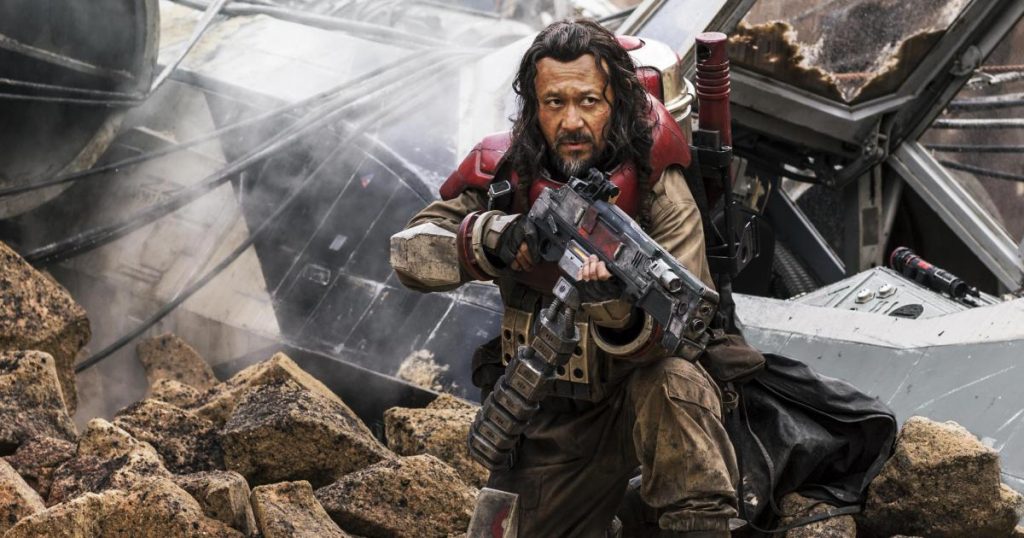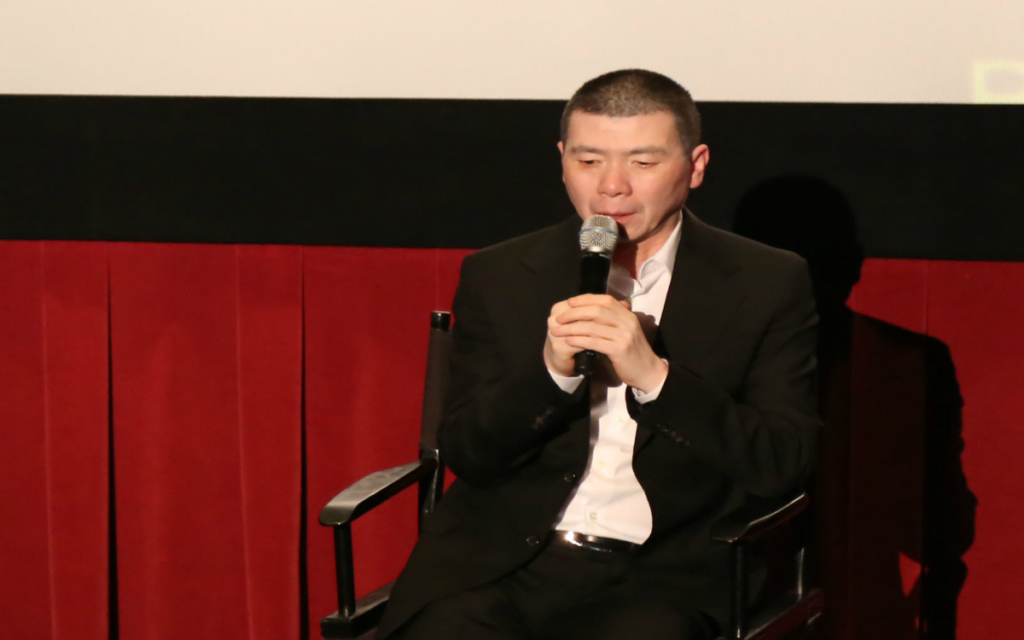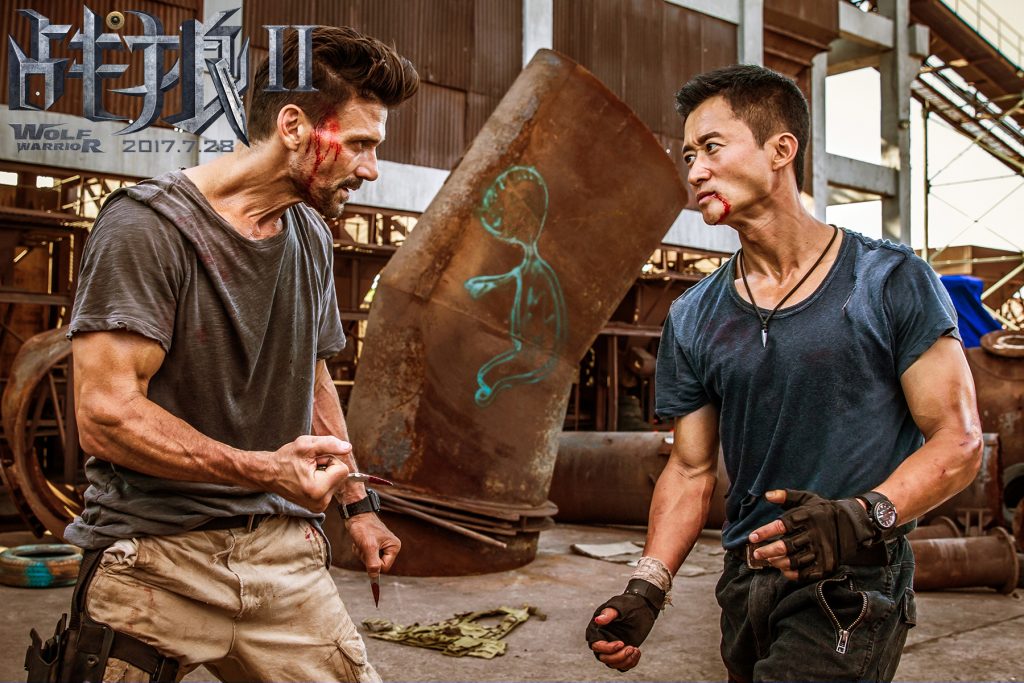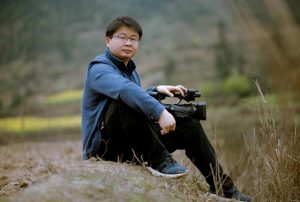Hong Kong actor-director Stephen Chow tops rankings in a survey of film industry news critics on WeChat.
Along with the rapid commercialization and industrialization of China’s film industry, the popularity, influence, and commercial value of a filmmaker may have also changed over the past a few years on the mainland.
The Chinese WeChat social media account, Yiqipaidianying, which focuses on film industry news, recently published a list of the top 100 filmmakers in China, based on the total box office takings of their films released since 2005, the average scores of their top five films from major film rating websites, and the media coverage the filmmakers and their films received.
The top five ranked filmmakers on the list are 1. Stephen Chow, 2. Tsui Hark, 3. Ang Lee, 4. Jiang Wen and 5. Feng Xiaogang. Zhang Yimou and Chen Kaige are ranked No 6 and No 7, respectively, while Wu Jing, the director of Wolf Warrior 2, is ranked No. 10.
The Top 10 Filmmakers in China
1. Stephen Chow
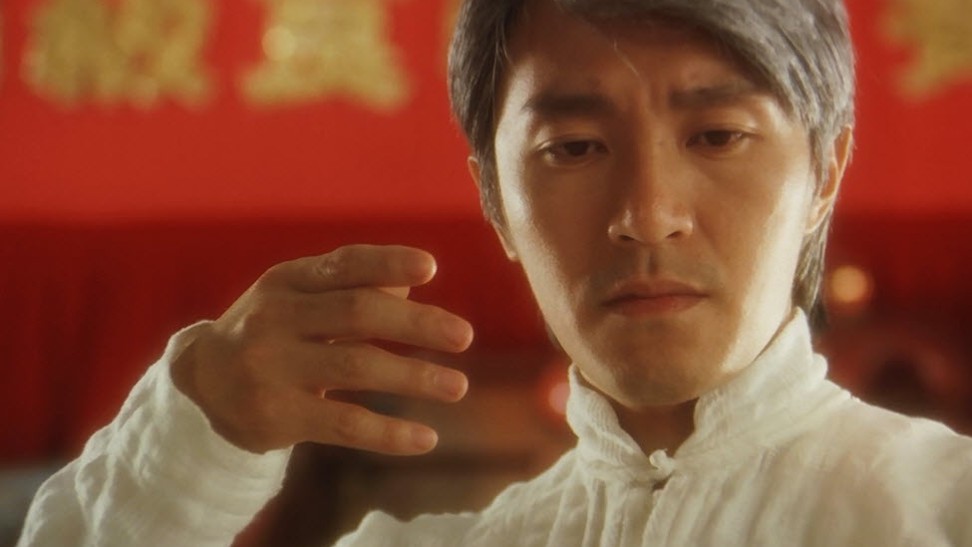
Actor-director Stephen Chow in a scene from his 1996 comedy The God of Cookery.
Award-winning Hong Kong filmmaker Chow, 55, is best known around the world as the star and director of the hit action comedies Shaolin Soccer, released in 2001, and 2004’s Kung Fu Hustle.
Both these films combine kung fu and his trademark slapstick humor, known in Cantonese as mo lei tou, or “nonsensical” – a genre dubbed as “silly talk” in the West. These films include surprise and incongruous elements, such as illogical parodies and sudden, strange dialogue and action.
He also co-wrote and directed the 2016 fantasy romantic comedy The Mermaid, about a businessman who falls in love with a mermaid who is sent to assassinate him, which is the second-highest grossing film in mainland China after Wolf Warrior 2.
2. Tsui Hark
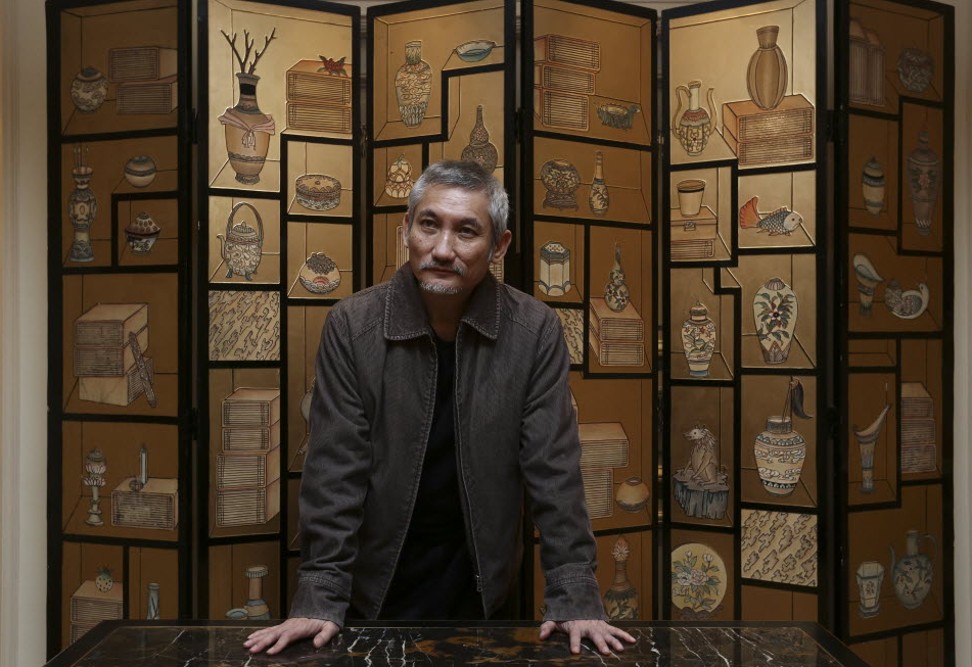
Hong Kong director Tsui Hark. Photo: Jonathan Wong
The Vietnamese-born Chinese film director, who moved to Hong Kong as a teenager, is best known for his epic, martial arts action films, including 1991’s Once Upon a Time in China, starring Jet Li, 2005’s Seven Swords starring Donnie Yen, and 2014’s The Taking of Tiger Mountain.
Tsui, who studied film in the US, is regarded as a pioneering filmmaker and someone who helped to revitalize Hong Kong martial art movies.
He has been recognized for his work, including winning 2015’s best director award at China’s Golden Rooster Awards and a 2017 lifetime achievement award at this year’s Asian Film Awards.
3. Ang Lee
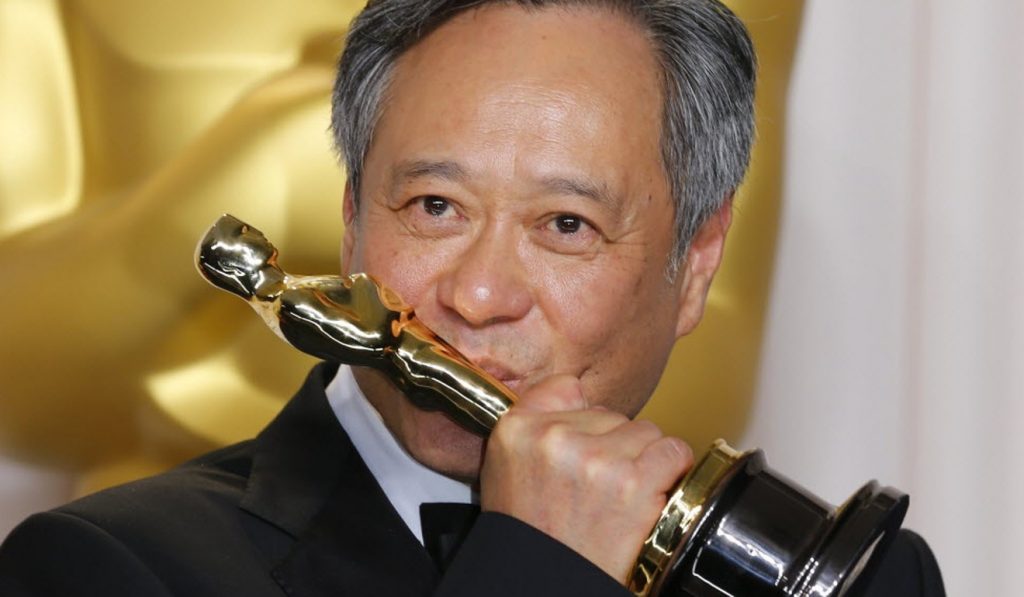
Director Ang Lee kisses his best director Oscar for Life of Pi in February 2013. Photo: Reuters
Taiwanese-born Lee, who also studied film in the US, is the first Asian winner of the American Academy Award for best director for his 2005 romantic drama Brokeback Mountain. He won his second best director Oscar in 2013 for the fantasy drama, Life of Pi. He has directed a great range of different types of films, including 2007’s romantic thriller Lust, Caution, 2000s fantasy action drama Crouching Tiger, Hidden Dragon, and two early successes – both comedy dramas – 1994’s Eat Drink Man Woman, and 1993’s The Wedding Banquet.
4. Jiang Wen
The Chinese actor-director is best known to Western film-goers for his acting as Baze Malbus in the Star Wars sci-fi, fantasy prequel, Rogue One: A Star Wars Story, and for co-starring with Gong Li in Zhang Yimou’s 1986 film Red Sorghum.
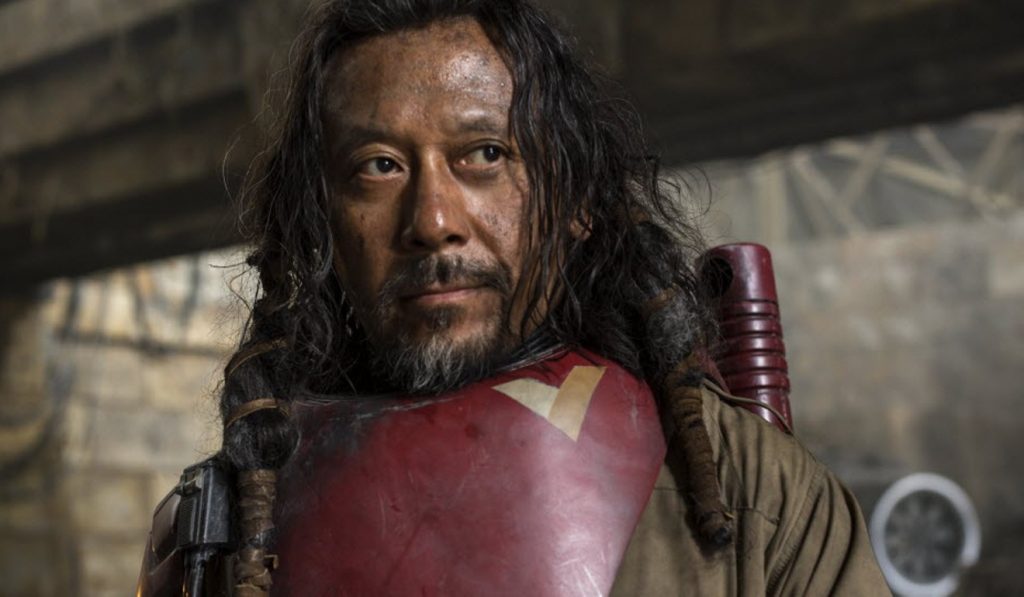
Chinese actor-director Jiang Wen in a scene from Rogue One: A Star Wars Story. Photo: Lucas Film Ltd
As a director, he is known for his devotion to his craft, rather than concerning himself too much about the commercial success of his films. He certainly enjoyed box-office success with his big-budget 2010 action comedy, Let The Bullets Fly, set in 1920s China, which saw him star alongside Chow Yun-fat; the film won the 2012 Asian Film Award as the year’s top-grossing Asian film.
5. Feng Xiaogang
The Beijing-born director has enjoyed both box-office and critical success with his work, but is not afraid to challenge commercialism with the choice of subjects for his film.
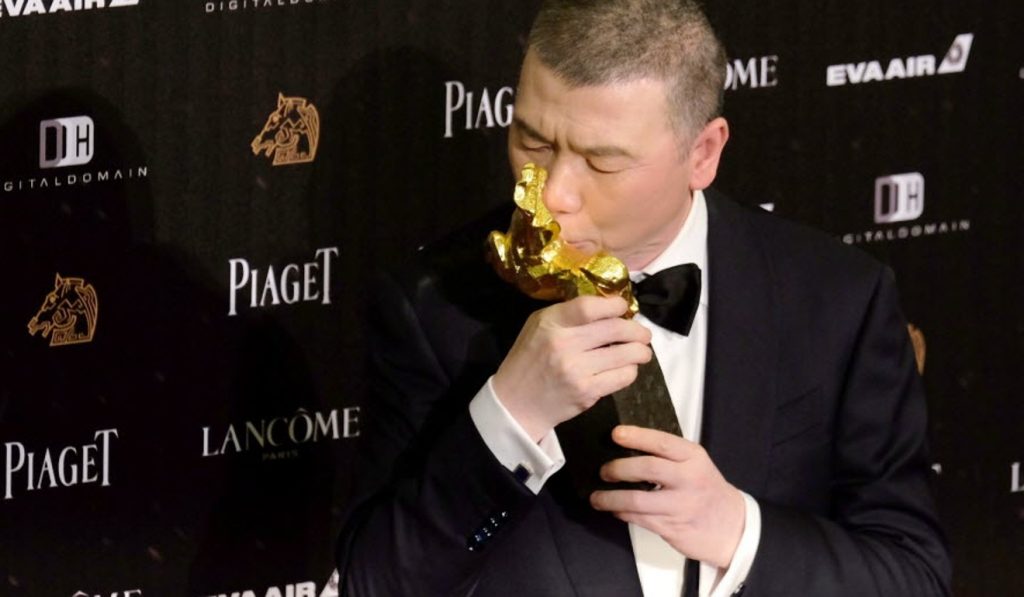
Chinese director Feng Xiaogang kisses his best director trophy for his film I Am Not Madame Bovary at the 2016 Golden Horse Film Awards in Taipei. Photo: AFP
His work behind the camera on the multi-award-winning 2016 comedy drama, I Am Not Madame Bovary, saw him named best director at that year’s Taiwan’s Golden Horse Film Awards. He is also known for the hit 2008 comedy drama, If You Are The One, starring You Ge and Qi Shu, and its sequel, If You Are The One 2.
6. Zhang Yimou
The veteran director worked on the 2016 monster film, The Great Wall, starring Matt Damon, the 2011 historical drama, The Flowers of War, starring Christian Bale.
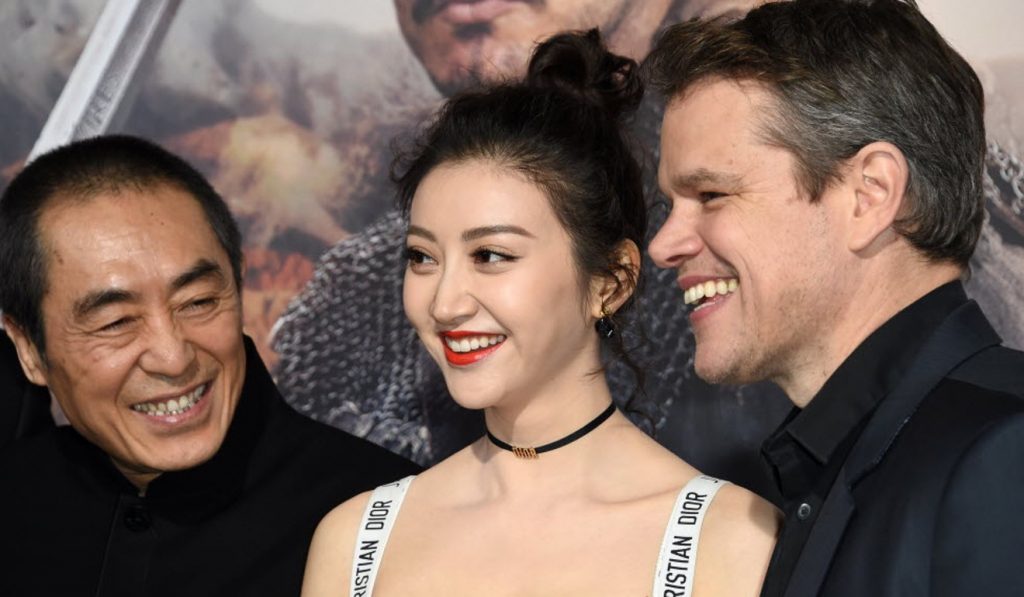
Director Zhang Yimou with actress Jing Tian and actor Matt Damon at the premiere of his film ‘The Great Wall’, in Hollywood, in the US, in February 2017. Photo: AFP
His domestic hits include the 2002 action adventure Hero, starring Jet Li, House Of Flying Daggers, with Takeshi Kaneshire, Andy Lau and Zhang Ziyi, and Curse Of The Golden Flower, starring Chow Yun-fat and Gong Li.
He enjoyed a string of early successes, too, starring Gong, including his debut, 1987’s Red Sorghum, 1990s Ju Dou, 1991’s Raise The Red Lantern and 1992’s The Story Of Qiu Ju. Zhang also appeared in front of the camera as an immortal soldier, opposite his then partner, Gong, in the comedy adventure fantasy A Terracotta Warrior. One of his recurrent themes has been the resilience of Chinese people in the face of hardship and adversity.
Away from film, Zhang directed the opening and closing ceremonies of the 2008 Beijing Olympics.
His many honors include the Asian Film Awards for his outstanding contribution to Asian cinema in 2010, and the 2005 lifetime achievement award at the Hawaii International Film Festival.
7. Chen Kaige
He is known for his films featuring great social realism, visual flair and epic storytelling.
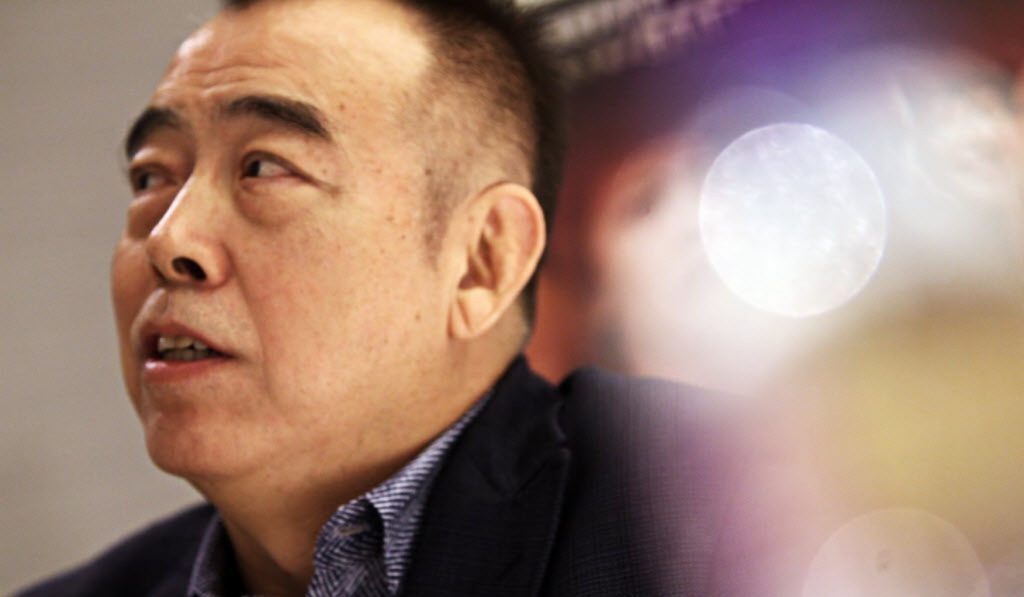
Director Chen Kaige, pictured in Hong Kong in 2012. Photo: David Wong
Chen, 65, won the 1993 Palme d’Or at the Cannes Film Festival for Farewell My Concubine, focusing on the lives of two Peking Opera stars and the woman that comes between them, starring the late Leslie Cheung, Gong Li and Zhang Fengyi. His others successes include 1998’s The Emperor and the Assassin, co-starring Gong and Zhang, which won the Technical Prize at the 1999 Cannes Film Festival.
Chen, who remains one of China’s leading directors, also directed the disappointing, straight-to-DVD 2002 American-British thriller, Killing Me Softly, starring Heather Graham and Joseph Fiennes.
8. Wuersha
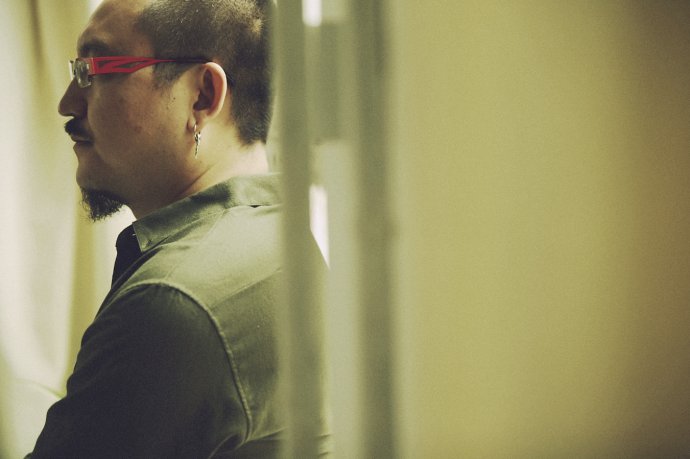
Wuershan
The ethnic Mongolian director, who has only one name, likes to include the elements of Chinese history, fantasy, folklore and mythology in his films.
Today he works in Beijing and is best known for 2015’s fantasy blockbuster Mojin: The Lost Legend, the 2012 fantasy drama Painted Skin: The Resurrection, and the 2011 avant-garde martial arts comedy, The Butcher, the Chef and the Swordsman, for which he also wrote the screenplay.
9. Ning Hao
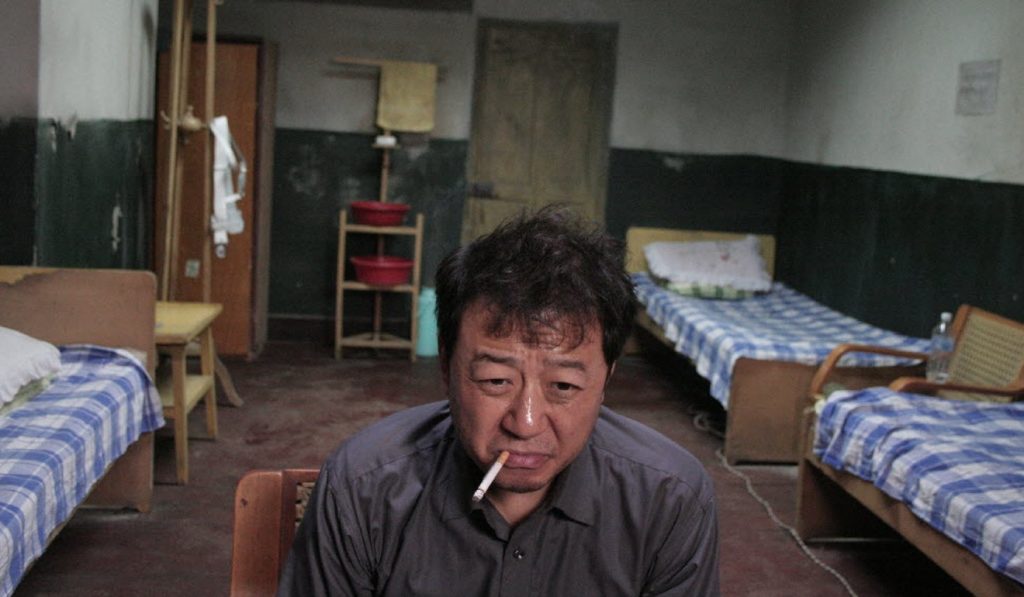
Actor Guo Tao in a scene from Ning Hao’s hit black comedy, Crazy Stone.
The Beijing Film Academy graduate, 40, is best known for his low-budget 2006 black comedy Crazy Stone, starring Xu Zheng, about three different, attempts by thieves to steal a valuable jade stone, which became a huge box-office success on the mainland. His other successes include 2013’s neo-western thriller, No Man’s Land.
10. Wu Jing
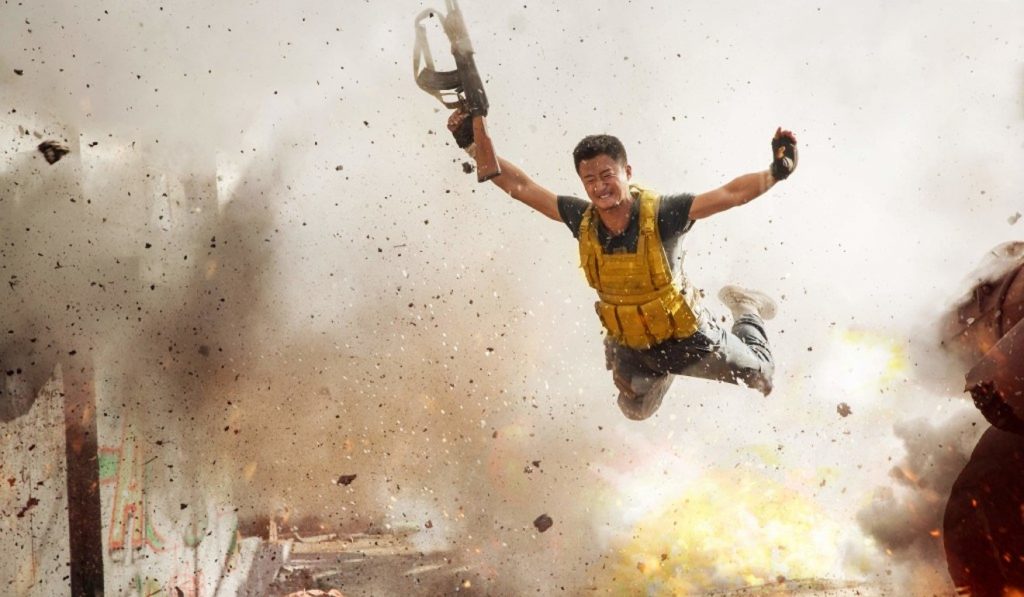
Film director and action star Wu Jing in a scene from his box-office smash, Wolf Warrior 2. Photo: China Film Group
The Chinese martial artist actor-turned-director, 43, took the helm and also starred as a Chinese special forces soldier in 2015’s war action film Wolf Warrior, and followed it up with its even more successful 2017 sequel, Wolf Warrior 2.
The second film in the series, which sees Wu’s character become an international mercenary, has been a huge international box-office success. Today it remains the highest-grossing Chinese film in history, with takings of 5.67 billion yuan (US$880.1 million) and – unsurprisingly – a third installment is reportedly being planned.
— Read the original article on South China Morning Post’s STYLE


